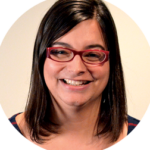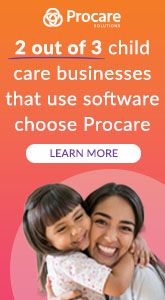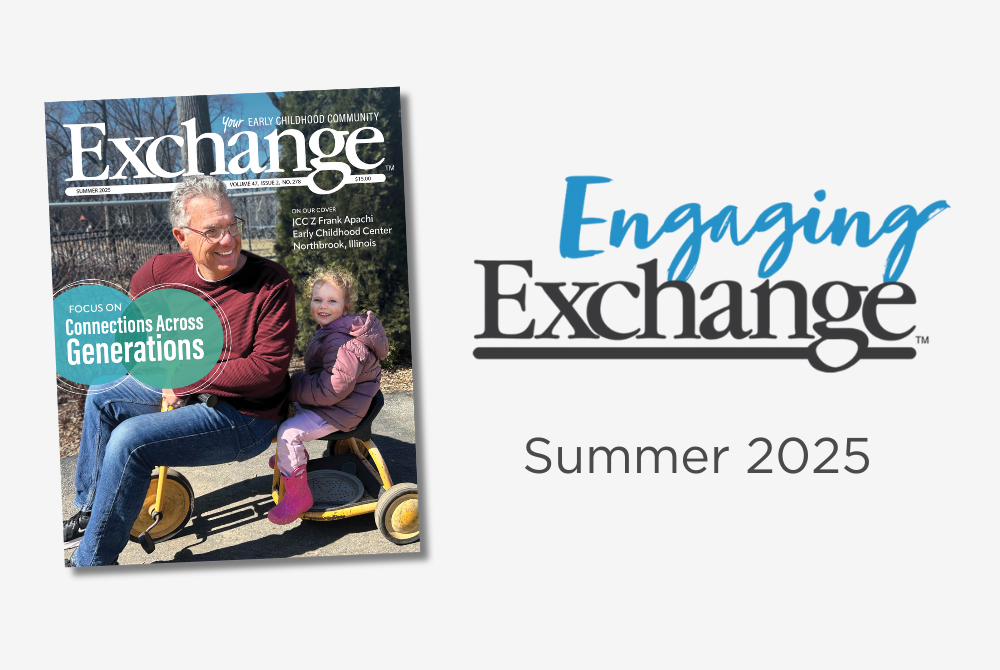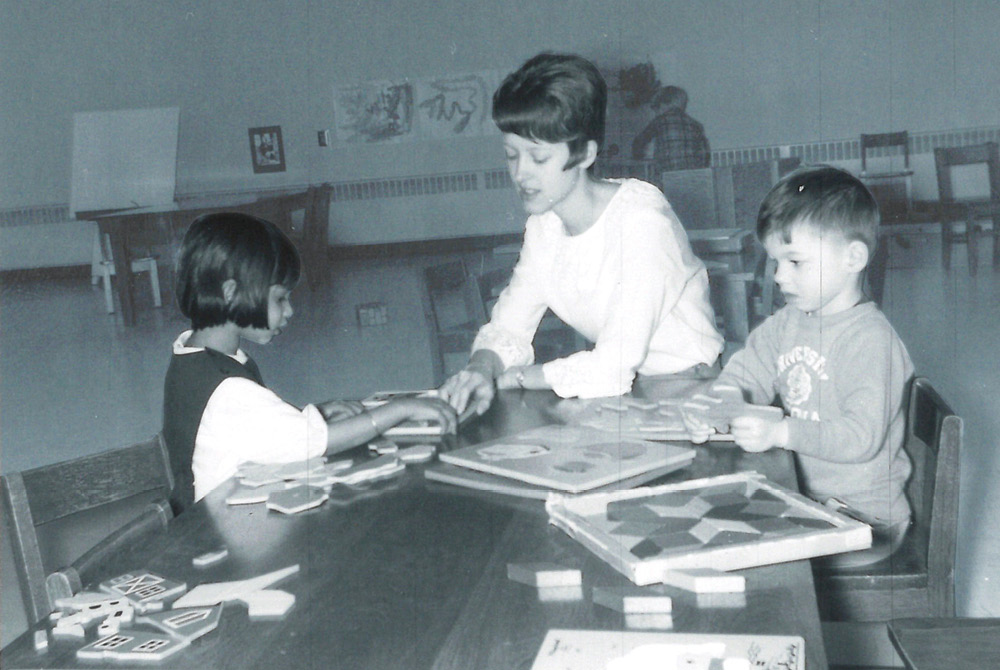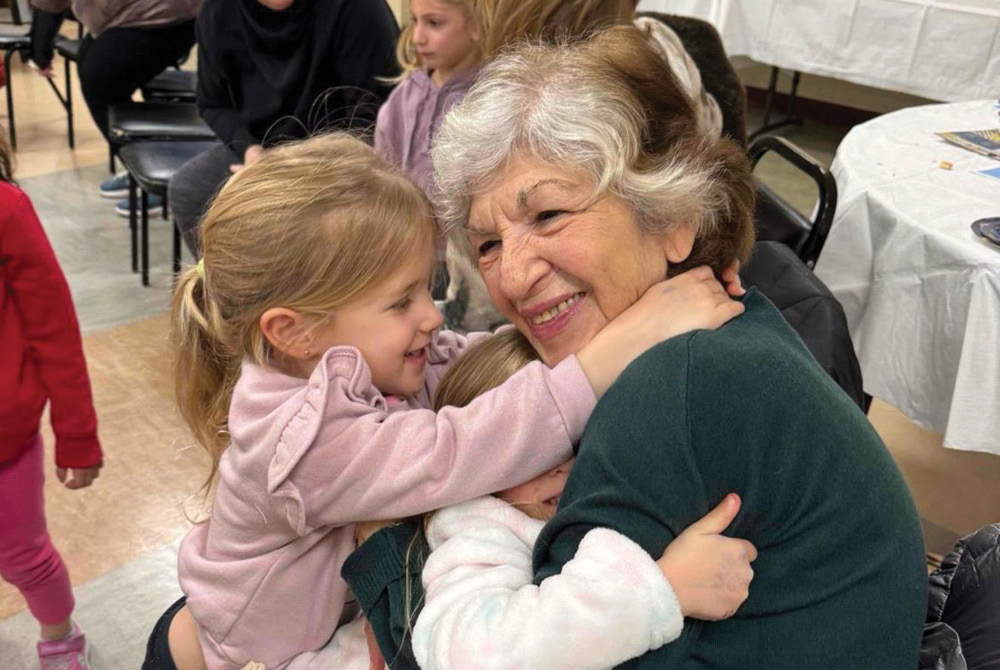It is 3:30 p.m. and preschool has just ended. My three-year-old son cheerfully waves goodbye to his teachers and classmates and we leave the playground. As I buckle him into his car seat, I ask the question piquing every parent’s curiosity, “What did you do in school today?”
Inevitably, the answer is always the same.
“Nothing.”
As the work day comes to an end and parents across the country pick up their children from school or child care, this same scene plays out over and over again. Occasionally, when we are lucky, we might hear, “played.” But, as every early childhood educator knows, so much more happened over the course of the day. That very day, children were scientists at the sand and water table, engineers in the block area, authors in the writing area, and mathematicians in the toy area. “Played” is too vague a description and “nothing” is far from the truth.
Fortunately, early childhood educators have an opportunity to change this script. The National Association for Family, School and Community Engagement describes the process of engaging families as a shared responsibility; when families are committed to engaging with their children on a daily basis, including the above conversations about the school day, educators have an obligation to support and strengthen this engagement (nafsce.org, 2019).
Research suggests a positive correlation between family engagement and future child outcomes (Van Voorhis, Maier, Epstein, & Lloyd, 2013). At the same time early childhood educators are building relationships with families, however, questions may arise about the value of play. During the preschool years, family members may begin to doubt that learning is unfolding in a play-based setting (Bongiorno, 2018). Thus, the onus falls back onto the teacher to translate the play that is occurring on a daily basis into the learning concepts for which families are searching. Making learning visible to parents and families is a vital component in ensuring the articulation of play as learning.
Simultaneous to family engagement, early childhood programs are also accountable for children’s growth and development. Many programs use an authentic, on-going, child assessment process to document learning. Often, a program’s philosophy is to think about family engagement and child assessment as two separate entities; however, when these two important components of early childhood work are integrated, the gap in understanding play as learning seamlessly closes. Assessment documentation, including anecdotes, work samples, photographs and videos can provide family members an unparalleled look at the teaching and learning process; essentially, a view straight into the classroom.
ADVERTISEMENT
Listed below are tips for engaging families in the assessment process and strengthening their understanding of play as learning.
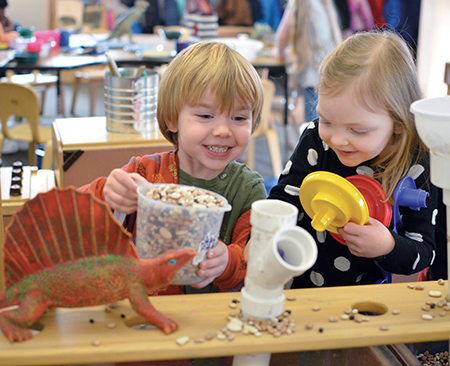
[© Holly Delgado]
1. Ensure Documentation Is High Quality. High-quality observations give an accurate picture of child growth and development; in other words, the reader should be able to visualize the experience. To do so, observations should include each of the following components.
Objectivity with roots in facts
Specificity and focus on what the child did and/or said
Observations should be brief and to the point
Observations should be aligned to learning outcomes and,
Formatted to tell a story of learning
Date
Beginning
• When (time of day)
• Where (area of the room)
• Who (children and adults involved)
Middle
• What the child did and said
• Use of exact quotes
Ending
• As applicable,
state the outcome
Example: 10/24/19 During work time, at the sand and water table, Aleksander poured pebbles from the measuring cup into a tube. He then used 1:1 correspondence to count the nearby dinosaurs and said, “There are 1,2,3,4,5,6. 6 dinosaurs are ready to eat their dinner.” (Mathematics, Numbers and Counting).
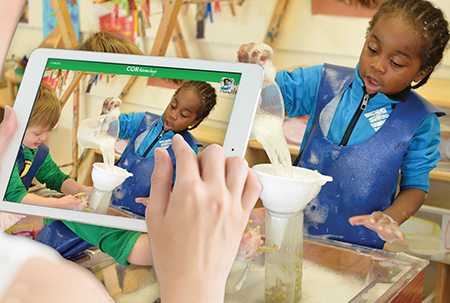
[© Holly Delgado]
2. Take a Strengths-Based Perspective. Assessing the whole child from a strengths-based point of view helps teachers and families better understand the child’s current level of development. When observations include positive information about the child’s development, family members may feel a stronger connection and desire to engage (Ayoub et al., 2011).
3. Make a Direct Connection to Learning. High-quality early childhood educators intentionally plan activities to support growth in all domains of development. When play-based lesson plans are shared with families through the identification of learning concepts or standards captured in the observations, alignments between school and family expectations can be drawn. In turn, these alignments can inform future interactions and assessment observations of the child (Rutland & Hall, 2013).
4. Engage in Ongoing Data Sharing. Often when it comes to assessment, the term ongoing refers to data collection. However, when educators apply the same ongoing principles to data sharing, families remain engaged in the assessment process throughout the entire school year. To fully engage family members in the process, maintain a family-focused lens in the classroom on a regular basis. Instead of waiting until the end of the quarter to share assessment documentation, push observations out to families in real-time or share them in an individualized weekly digest. Ensure parents are an integral part of the assessment process by building systems that encourage families to react and respond to the shared observations.
5. Reuse Assessment Documentation in Other Ways. Repurpose observations, photos, and stories used in individual child assessments to build developmental portfolios, newsletters, and documentation panels. Through thoughtful design, teachers can provide a classroom-level depiction of the teaching and learning process. Provide access to this classroom-level data in high traffic areas or send electronically to individual family members.
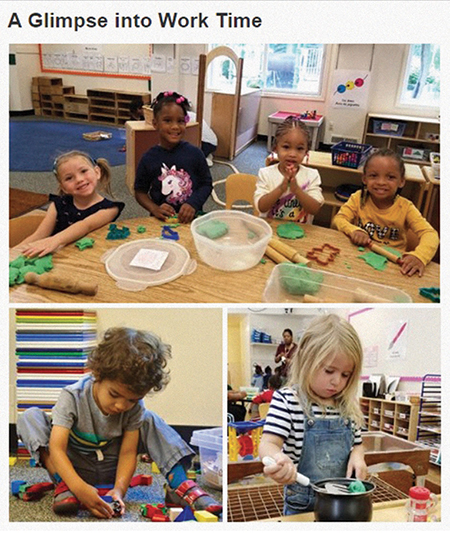
[© Holly Delgado]
6. Provide Extension Activities. When data sharing happens on a regular and consistent basis, connected learning experiences can be extended into the home. Encourage family members to offer opportunities to develop individualized and targeted skills (Rutland & Hall, 2013). Provide ideas for developmentally appropriate, low- or no-cost activities that are easy to implement within the context of a family’s daily routine. For example, alphabetic knowledge can be built into trips to the grocery store or on a walk through the neighborhood as children and families search out environmental print.
Strong family engagement programs are built upon shared information (Ayoub et al, 2011). Engaging families in the assessment process not only empowers families to be a part of the team, but can enhance attitudes and beliefs about the educational impact of play. When early childhood programs provide families with a lens through which they can see the teaching and learning process in action and intentionally make connections between play and learning outcomes, families will begin to understand that play IS learning.
References
Ayoub, C., Hornstein, J., Lopez, E., Sparrow, J., Stark, D., & Weiss, H. (2011). Family engagement and ongoing child assessment. Boston Children’s Hospital and Harvard Family Research Project. Office of Head Start. Washington, D.C.
Bongiorno, L. (2018). Talking with parents about play and learning. Teaching Young Children. August-September. Vol. 11, No. 5. NAEYC. Washington, D.C. Retrieved from: https://www.naeyc.org/resources/pubs/tyc/aug2018/talking-parents-about-play-and-learning
National Association for Family, School and Community Engagement. Retrieved from https://nafsce.org/page/definition
Rutland, J. & Hall, A. (2013). Involving families in the assessment process. Education Commons. Retrieved from: https://journals.uncc.edu/dialog/article/view/153
Van Voorhis, F.L., Maier, M. F., Epstein, J.L., & Lloyd, C.M. (2013). The impact of family involvement on the education of children ages 3 to 8: A focus on literacy and math achievement outcomes and social-emotional skills. MDRC. Retrieved from: https://files.eric.ed.gov/fulltext/ED545474.pdf
Holly Delgado is an early child and assessment specialist at the HighScope Educational Research Foundation. She has an undergraduate degree in psychology from Central Michigan University and a master’s degree in early childhood special education from Northeastern Illinois University. Delgado has over 15 years of experience working in inclusive early childhood programs for children ages birth to five. She spends time training and coaching teachers on the implementation of curriculum and assessment and contributes to the development of content for use in programs implementing the HighScope curriculum.
Related
ADVERTISEMENT






